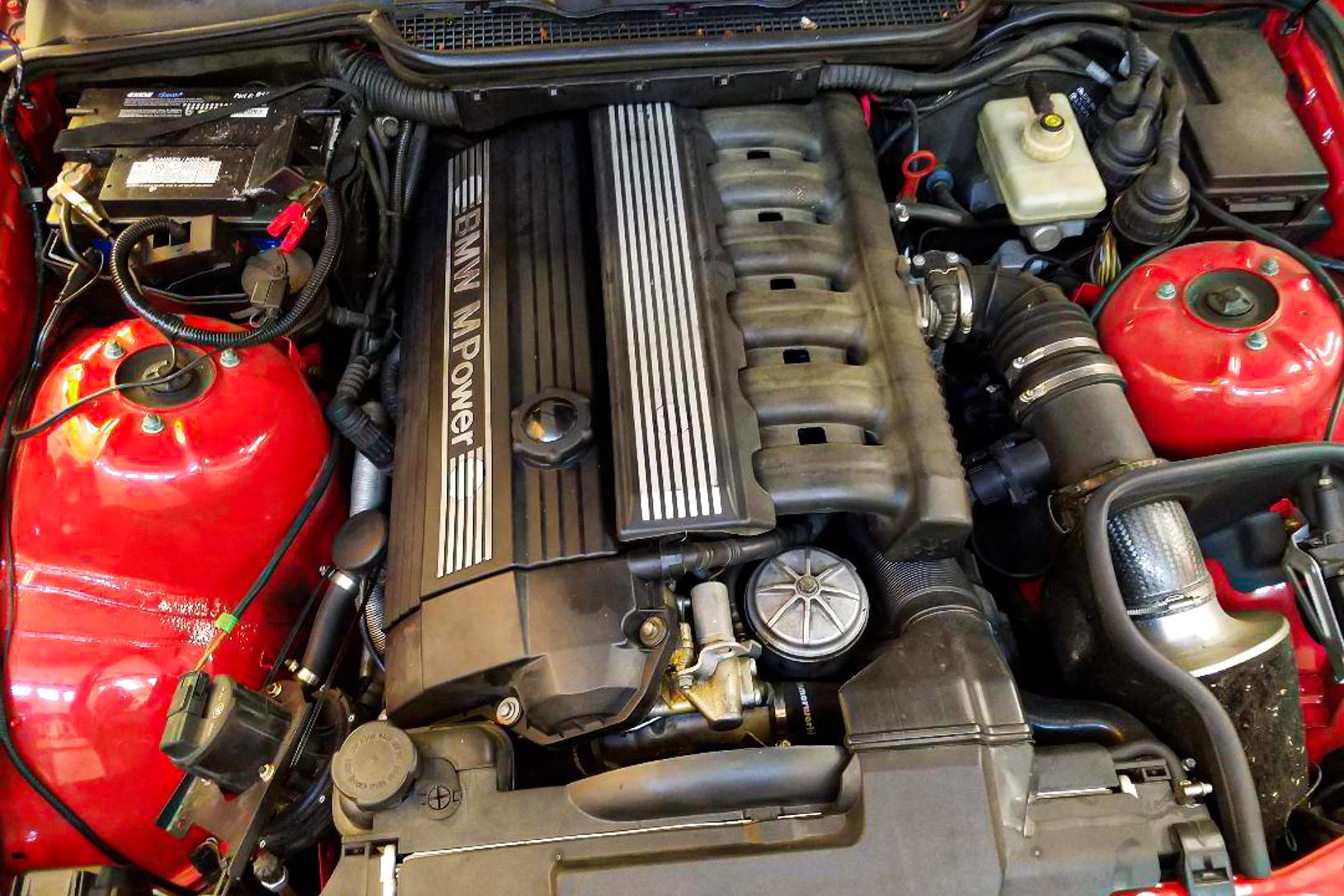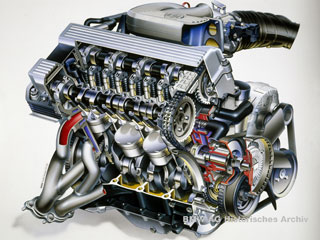BMW 318ti: A Comprehensive Guide to This Compact Powerhouse
BMW 318ti: A Comprehensive Guide to This Compact Powerhouse
Blog Article
Vital Considerations for Choosing the Finest Engine for Your Needs
In the world of picking the suitable engine to fulfill your requirements, several crucial aspects need meticulous consideration to make sure optimum efficiency and performance. From the nuanced equilibrium in between power and efficiency to the often-overlooked aspects of maintenance and service demands, each element plays a crucial duty in identifying the most suitable engine for your particular requirements.
Power and Efficiency
When evaluating engines for optimal performance, it is vital to focus on both power output and effectiveness. Power result measures the ability of an engine to generate energy, which directly impacts its performance. A high power outcome is crucial for requiring jobs such as durable applications or high-speed needs. It guarantees that the engine can deal with the workload properly and successfully. Power alone is not sufficient; efficiency plays a substantial function in identifying the overall efficiency of an engine. Effectiveness refers to just how well the engine converts fuel right into functional energy. A much more reliable engine will certainly provide better gas mileage, lower emissions, and lowered operating expenses. Striking the ideal balance in between power outcome and performance is vital to choosing an engine that satisfies your particular needs. When making this choice, it is crucial to consider elements such as the meant usage of the engine, ecological effect, and long-lasting cost implications. By thoroughly reviewing both power and performance, you can pick an engine that delivers ideal efficiency and satisfies your needs successfully.
Fuel Effectiveness and Economic Situation
In the realm of engine choice, the factor to consider of gas efficiency and economic climate holds extremely important significance. Gas performance describes the engine's ability to convert gas into energy with very little waste, straight impacting operating expenses and environmental sustainability. bmw 318ti. When selecting an engine, evaluating its gas economy is critical to figure out lasting cost savings and environmental effect. Engines with greater gas effectiveness not only decrease fuel expenses but also lower carbon exhausts, adding to a greener procedure.

Compatibility and Application
Thinking about the gas efficiency and economic climate of an engine, the next important aspect to address is its compatibility and application within certain operational contexts. Compatibility refers to just how well the engine incorporates with the total system or tools linked here it powers.
In addition, the application of the engine is just as important. Various engines are designed for particular objectives, whether it be industrial machinery, marine vessels, cars, or power generators. Understanding the designated application permits the option of an engine that can supply the required power output, torque, and operational attributes. For circumstances, a high-revving engine made for performance cars would our website certainly not appropriate for heavy-duty building and construction equipment that needs high torque at reduced rates.
Upkeep and Service Demands
Upkeep and service demands play a crucial role in making sure the longevity and optimal performance of an engine. Routine upkeep is necessary to stop breakdowns, extend the life expectancy of the engine, and preserve its effectiveness. When selecting an engine, it is very important to take into consideration the supplier's suggested maintenance routine and the accessibility of solution facilities or qualified specialists.
Variables such as the frequency of oil adjustments, filter replacements, and total assessments can significantly affect the engine's efficiency. Some engines may call for more regular maintenance based on their design and usage, while others may have longer intervals between maintenance checks. It is crucial to comply with these solution requirements to stay clear of costly repair work and unexpected downtime.

Expense and Spending Plan Factors To Consider
When picking an engine for a specific go to the website application,Spending plan constraints commonly play a significant duty in the decision-making process. When considering the expense and budget implications of picking an engine, it is vital to assess not only the preliminary acquisition price however also the lasting expenses related to maintenance, gas consumption, and potential upgrades or repairs. It is essential to strike an equilibrium between the upfront price of the engine and its general lifecycle prices to ensure that the selected engine remains economically sustainable throughout its operational life expectancy.
Aspects such as fuel effectiveness, reliability, and toughness can directly impact the complete price of possession of an engine. While an extra pricey engine may have greater ahead of time prices, it could possibly result in lower maintenance and fuel expenses over time, hence offering far better value in the lengthy run.
Verdict

Gas effectiveness refers to the engine's ability to convert fuel right into power with marginal waste, directly affecting operating prices and environmental sustainability.Variables influencing fuel efficiency include engine design, combustion performance, and general efficiency optimization. In addition, picking the suitable fuel type and quality as recommended by the engine maker can additionally enhance performance and lengthen engine life-span.
Engines with great service functions and readily available parts can lower upkeep expenses and reduce the time the engine is out of operation - bmw 318ti. It is vital to strike a balance between the upfront price of the engine and its total lifecycle prices to ensure that the chosen engine stays economically lasting throughout its functional lifespan
Report this page